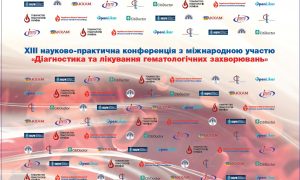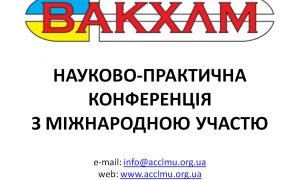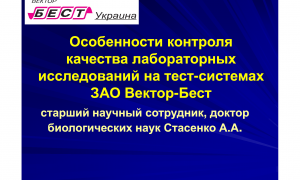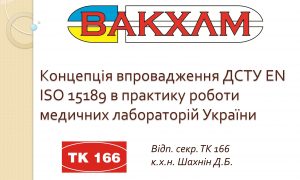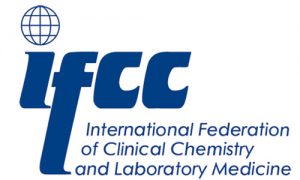| Daniel Rajdl, Chair of the EFLM WG Distance Education and e-Learning informs about next webinars. EFLM is happy to remind you that the attendance to the webinars is free of charge and that the recording of the lectures will be available afterwards on at the EFLM e-learning platform for those unable to attend. | ||
| Register at the forthcoming EFLM webinar!
CATHETER BLOOD COLLECTION PRACTICES: CAN A HIGH QUALITY SAMPLE FOR LABORATORY DIAGNOSTICS BE OBTAINED? Speaker: Stephen Church (UK) |
 |
|
| ABSTRACT | Vascular Access (VA) is a routine procedure, conducted worldwide, with an estimated 60-90% of hospital inpatients expected to require an intra-venous catheter (Helm et al., 2015), particularly in emergency situations or departments. A number of vascular access devices (VADs) or IV catheters could potentially be used to collect blood samples, including peripherally-inserted venous catheters, centrally-inserted venous catheters and arterial catheters. Practices and procedures for blood collection from conventional blood collection needles are well defined (Simundic et al., 2018). Until recently, many guidelines have not commented on or proposed a best practice for collection from a VAD. The CLSI document GP41-A6 (2007) stated that without complete, thorough and documented training, “Phlebotomists should not draw blood from VADs.” However the 2017 edition, GP41-A7, is the first to make recommendations for blood collection using VADs. Trauma from VAD insertion, together with a tortuous blood path with increased shear forces, can contribute to increased cell lysis. Further incomplete flushing of the collection site resulting in contamination and/or dilution of the specimen has the significant potential to create test errors and inaccurate results. While haemolysis is the most widely reported error (Lippi et al., 2011), impacts on coagulation parameters have also been reported (Strauss et al., 2012). Furthermore, the collection may lead to dislodgement of the catheter and require a replacement. In special circumstances, for example when obtaining samples from paediatric patients, adults with difficult venous access, presence of bleeding disorders or when serial tests are requested, blood collection from a short peripheral catheter may be clinically beneficial. In these patients, guidance on the best practice is required to ensure patient safety and care.
This webinar will overview the risks associated with blood collections from VADs, the type of VAD from which samples may be collected and also provide recommendations on best practices to obtain the highest quality sample and ensure patient care. |
|
| ABOUT THE SPEAKER | Stephen Church joined BD in 1990 and has played an active role in the design, development and implementation of Medical devices for over 25 years. Initially working as a member of BD R&D team, Stephen has conducted more than 40 evaluations of BD products at hospitals and laboratories in Western Europe.
For the past 14 years Stephen has been working as a clinical specialist supporting the implementation of BD blood collection products at hospitals. In this role Stephen has been able to support hospitals by working together to make significant improvements in their processes & practices. Stephen is a member of a number of working groups including ISO, EFLM & IFCC, has published a number of articles and made presentations at scientific meetings on various topics key on laboratory medicine (20+). Stephen has recently moved to the role of Clinical Director for the BD catheter business (BD Medication Delivery Solutions) and so has unique insight into both the needs of Laboratory Medicine and IV access. |
|
| HOW TO REGISTER | Registration at: https://elearning.eflm.eu/course/info.php?id=35
The participation is free of charge – The number of attendees is limited! |
|
|
See all our previous recorded webinars at https://elearning.eflm.eu/ New on-line recorded webinar: The order of draw
|
||
| European Federation of Clinical Chemistry and Laboratory Medicine (EFLM)
Silvia Cattaneo – Via Carlo Farini, 81 – 20159 Milano – Italy Tel: +39 389 5320051- e-mail: [email protected] – website: www.eflm.eu |
||






